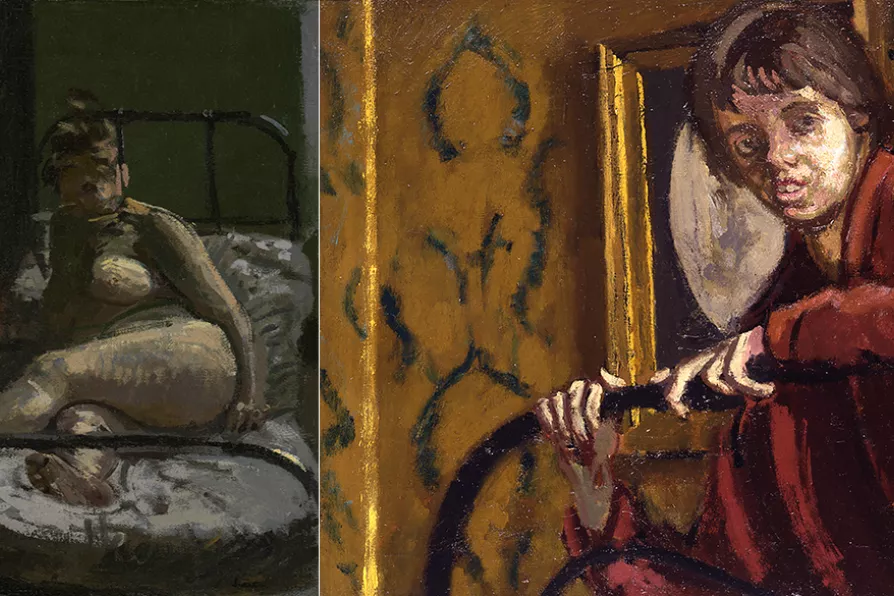CHRIS SEARLE speaks to Filipino-US saxophonist JON IRABAGON about the threat of AI in the time of Musk and Trump, and how an artist can respond

 (Left to right) La Hollandaise, Cecily Hey
[Tate Britain and British Council Collection/public domain]
(Left to right) La Hollandaise, Cecily Hey
[Tate Britain and British Council Collection/public domain]
Walter Sickert
Tate Britain
EIGHT rooms of Walter Sickert is a treat, and a trick — of the light certainly — and of our sensibilities around sexual politics.
Sickert said that “the plastic arts are gross arts, dealing joyously with gross material facts.” And it was the materiality of human flesh, (much of it female), the lives and behaviours of ordinary people, and the handling of paint, that was so ground breaking in his time.
The French painter and Communard Gustav Courbet (who Sickert admired) said: “Most art owed more to other art than it ever did to nature.” And so it goes. Apprenticed to Whistler, Sickert was also influenced by Degas and Bonnard, the painterly conversation later extending to Lucien Freud and Francis Bacon.

JAN WOOLF is beguiled by the tempting notion that Freud psychoanalysed Hitler in a comedy that explores the vulnerability of a damaged individual













